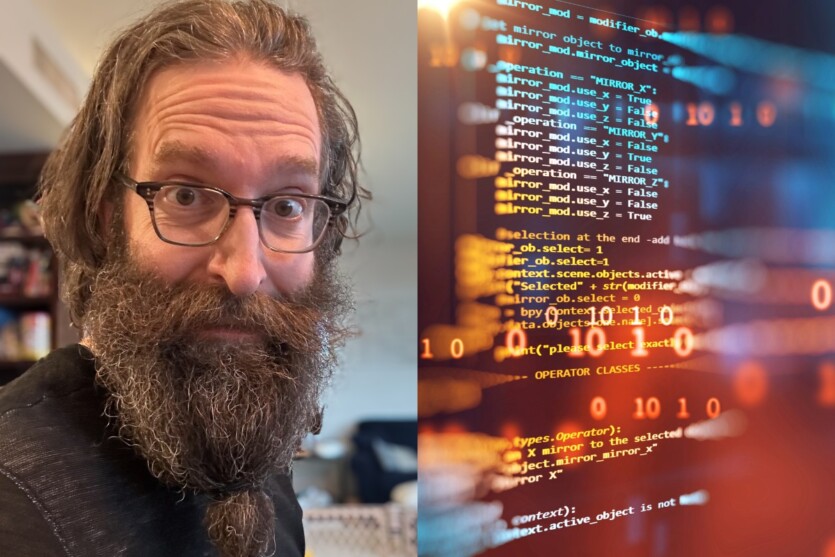
The world’s first tournament in vibecoding The term «vibecoding», coined in February by OpenAI co-founder Andriy Karpaty, describes an easy and relaxed way of coding with AI — when a programmer doesn't just write lines of code, but describes what he or she would like to create to artificial intelligence, while the latter generates the finished result. called the K Prize. At the initial stage, the winner was the Brazilian engineer Eduardo Rocha de Andrado, who solved only 7.5% of the problems (9 out of 120).
The term «vibecoding», coined in February by OpenAI co-founder Andriy Karpaty, describes an easy and relaxed way of coding with AI — when a programmer doesn't just write lines of code, but describes what he or she would like to create to artificial intelligence, while the latter generates the finished result. called the K Prize. At the initial stage, the winner was the Brazilian engineer Eduardo Rocha de Andrado, who solved only 7.5% of the problems (9 out of 120).
K prize round one results are live. Huge congrats to Eduardo for taking the top spot. A solo builder from Brazil, his winning submission correctly closed 9 out of 120 github issues. $50K prize ($278k BRL!)
— Andy Konwinski (@andykonwinski) July 24, 2025
The K Prize — tournament is a project of the nonprofit organization Laude Institute, founded by Andy Konwinski, co-founder of Databricks and AI startup Perplexity. Its main feature is that developers solve problems from GitHub using an AI model (but the problems are new, so that the systems cannot yet be adjusted to the test).
«We are happy to have created a truly challenging benchmark,» says Konwinski. «Benchmarks need to be challenging if they are to be meaningful. The results would have been different if the big labs had participated with their biggest models. But that is the point. K Prize works offline with limited computing resources, so it favors smaller and more open models. I like this. It levels the playing field».
Similar to the more well-known SWE-Bench system, K Prize tests models on real problems from GitHub to see how well they handle real-world programming problems. However, whereas SWE-Bench uses a fixed set of problems that models can learn in advance, K Prize is designed as a version that avoids pre-familiarization with test problems. The tournament has clear deadlines — the first round of model submissions ended on March 12, while the tests were compiled solely on the basis of GitHub requests created after that date.
Konwinski promises to pay up to $1 million for open-source models that can solve 90% of the problems. The prize fund of the first stage was $50 thousand.
Andrado’s score of 7.5% is in stark contrast to the SWE-Bench results, where the highest score in the simplest Verified test reaches 75%, and in the most difficult Full test — 34%. Obviously, there are questions about the effectiveness of AI coding in the real world. So for Konwinski, this competition is a kind of benchmark:
«If you listen to the hype, it seems like we should be looking to AI doctors or lawyers, but that’s just not true,» he says. «If we can’t get more than 10% of the result, then for me it’s a reality check».
Source: TechCrunch

Spelling error report
The following text will be sent to our editors: